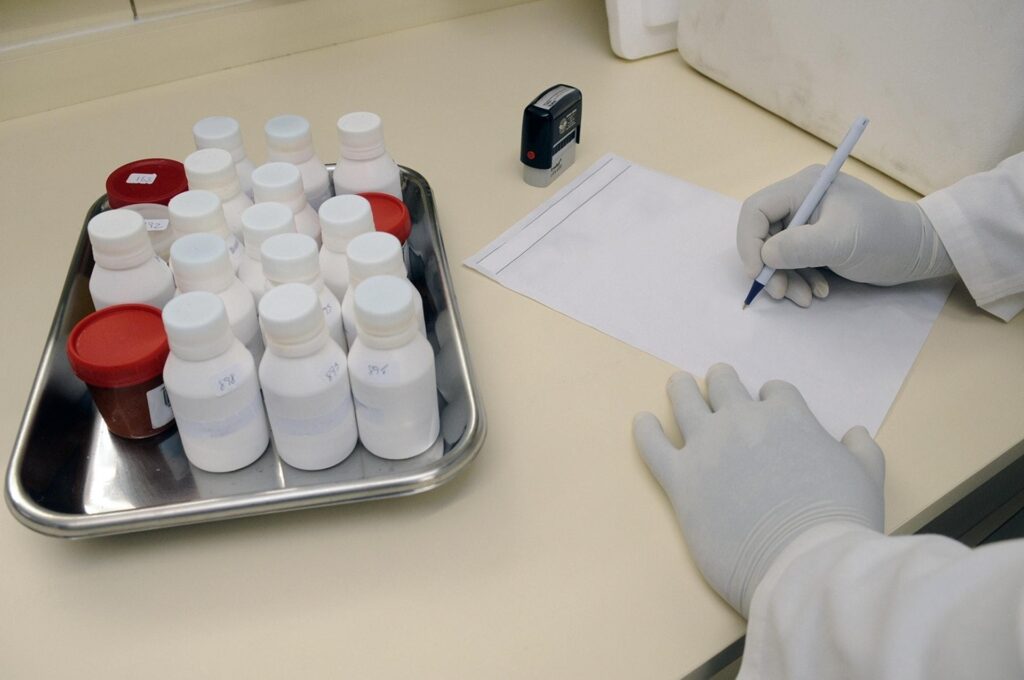Depression is one of the most common mood-related disorders that is prevalent in every other person living in this world today. In simple words, depression is defined as a mood disorder that causes a person to experience a constant feeling of gloominess or sadness that is accompanied by a lack of interest in any kind of activity that the person previously enjoyed doing a lot.
Depression could vary from person to person. It may be of low intensity and it may be severe in intensity. The history of the patient matters in the diagnosis of the problem as well, for several traumas cause different types of depressive symptoms to get manifested in the patient’s lives.

People suffering from depression suffer inevitably and to a greater extent as well, for the symptoms of depression are often seen to last for months to years. Furthermore, it takes the antidepressants a significant amount of time to start showing their respective impact on the life of an individual.
Therefore, in such a situation, anyone who comes up with a wonderful plan of either speeding up the treatment progress or making it easier for the patients to deal with their symptoms would indeed be doing a great job at putting the most-feared and the most draining mental health disorder at its rightful place.
Fortunately enough, one of the latest and advanced tools that is currently being used for extensive research by scientists has shown to have a somewhat beneficial response for depression patients. This miraculous technique is the CRISPR/CAS-9 technique and it has been found to possess the potential to treat and cure depression, which is indeed impressive.
The CRISPR/CAS-9 Technique and Depression
The problem with mood disorders or mental health problems, in general, is that all of them have no apparent cause. Unlike other medical conditions that stem due to a root cause, these mental health problems seem to be a collective effect of different genetic, environmental, and biological features that collectively play their role in giving rise to either one of these conditions.
This is one of the major reasons why the medicines prescribed for these conditions take a considerable amount of time to start showing their effects. It is hoped that the day when a final solution to address the underlying genetic and environmental factors would be discovered, it would become quite easy for the researchers to design a medicine that specifically targets those pathways and makes a person feel depression-free earlier, maybe even with immediate effect.
The CRISPR/CAS-9 technique, on the other hand, is a tool used in gene editing to manipulate and/or change the sequence of a particular DNA genome. By doing so, the person controlling or manipulating the gene can exert changes that either stimulate or inhibit a particular effect whatever is needed.
So far, the CRISPR/CAS-9 technique has been shown to possess important effects on the human body and internal system. It has been shown to decrease the formation of cancerous cells, slow down the progression of certain diseases, and also in reversing the harmful effects of several negative impacts on the body. This success rate is one of the reasons why researchers are hopeful that it would help them in finding a cure for depression as well.
In finding a cure for depression, the researchers opted for studying the GABA receptors in detail. The reason for doing this was because these receptors respond to one of the major inhibitory neurotransmitters in the brain – GABA or gamma-aminobutyric acid. Therefore, the fact that these same receptors could help in ‘inhibiting’ depression was one of the most likely theories.
According to this research, it was suggested the GABA receptors would be attacked with neurosteroids – chemicals that are seen to be involved in the emotional and motivational network of the brain. The target was delta-GABA receptors as it was seen to control and regulate some of the cognitive thoughts and functions, thereby proving to be an important element that could help tone down depression.
Using CRISPR/CAS-9 for its usual function of gene editing, the delta-GABA receptors were mutated and were then extracted for the study of their functioning to see if they played any contributing role in alleviating depression or not.
It was seen that these delta-type GABA receptors were efficient in curing and alleviating the symptoms of depression. When these prepared neurosteroid drugs were given to women who were suffering from postpartum depression, it was found that these women noticed a visible difference in their condition and their depression also reduced significantly.

On the other hand, it was also noticed that the drugs themselves had anti-inflammatory effects. This gave rise to yet another theory that stated that maybe because of mixing both the anti-inflammatory effects of the drugs with the depression-reducing effects of the receptors, a significant change was observed. But the problem was mainly with isolating the delta-type receptors. GABA receptors of all kinds had common properties since they all served the same purpose – binding to GABA and causing an overall inhibitory effect on the brain.
But this problem was resolved soon when the potential of CRISPR/CAS-9 was taken into consideration. It was the editing potential of this technique that made sure that the specified portion of the gene was cut and used for research. Using this technique, it was also easier for the researchers to subject different drugs to this experiment and observe their likely effects on depression and the noteworthy side effects if any.
Once more research is done and favorable results are achieved, there would be no issue in designing such drugs that are potent in activating the delta-type GABA receptors and causing them to act rapidly than the traditional long-acting antidepressants.
Conclusion:
Depression is one of the leading mental health problems in human beings that significantly alters their way of living. The treatment of depression is long and works slowly, which leads some of the patients to leave their treatment midway because they get disappointed by feeling no difference.
In such a situation, the CRISPR/CAS-9 technique proves to be a ray of hope for all these patients. This technique has helped in finding out a way of manipulating some GABA receptors in the brain which were seen to alleviate the symptoms of depression rapidly. More work is going on to discover their potential so that once it gets all done, new and short-acting drugs could be introduced for better results.
References:
- Chand SP, Arif H. Depression. [Updated 2020 Nov 18]. In: StatPearls [Internet]. Treasure Island (FL): StatPearls Publishing; 2021 Jan-. Available from: https://www.ncbi.nlm.nih.gov/books/NBK430847/
- Powell, S. K., Gregory, J., Akbarian, S., & Brennand, K. J. (2017). Application of CRISPR/Cas9 to the study of brain development and neuropsychiatric disease. Molecular and cellular neurosciences, 82, 157–166. https://doi.org/10.1016/j.mcn.2017.05.007
- Ushakova, V. M., Morozova, A. Y., Reznik, A. M., Kostyuk, G. P., & Chekhonin, V. P. (2020). Molekuliarnaia biologiia, 54(5), 725–749. https://doi.org/10.31857/S0026898420050110
- Savell, K. E., & Day, J. J. (2017). Applications of CRISPR/Cas9 in the Mammalian Central Nervous System. The Yale journal of biology and medicine, 90(4), 567–581.
- Thome, J., Hässler, F., & Zachariou, V. (2011). Gene therapy for psychiatric disorders. The world journal of biological psychiatry : the official journal of the World Federation of Societies of Biological Psychiatry, 12 Suppl 1(Suppl 1), 16–18. https://doi.org/10.3109/15622975.2011.601927
